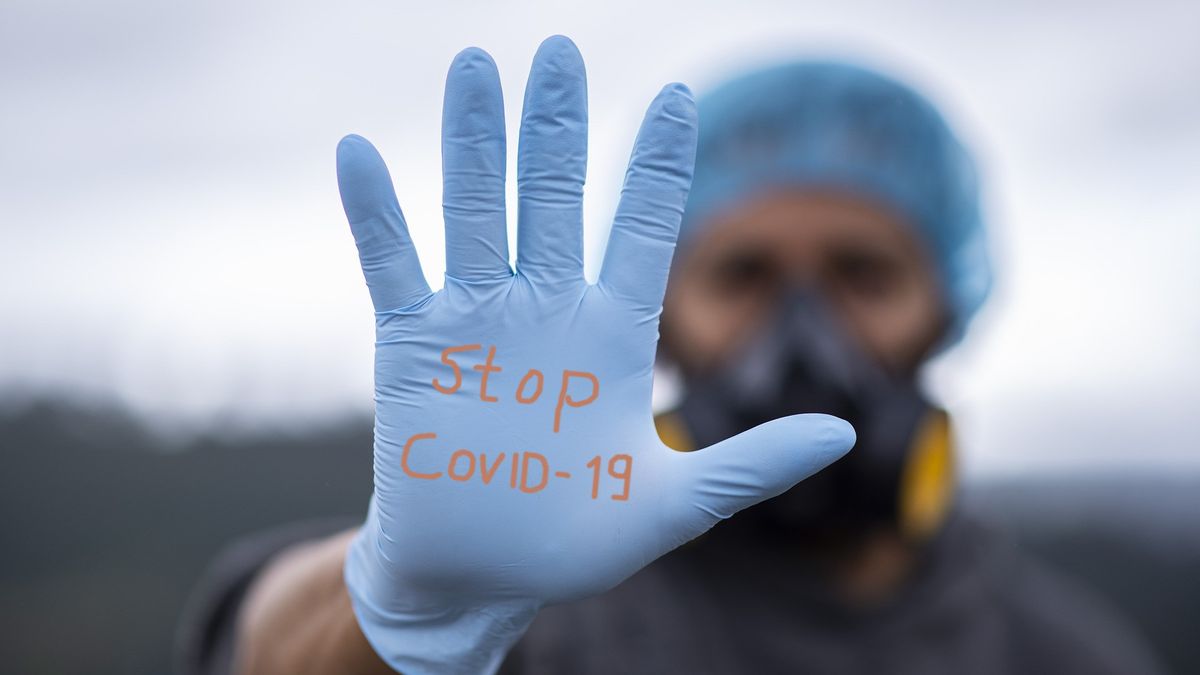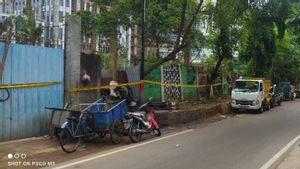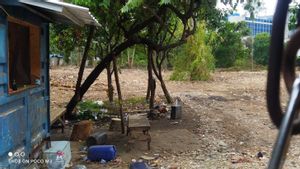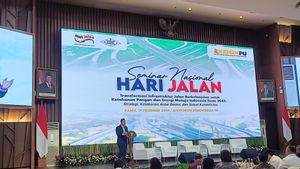JAKARTA - Minister of Home Affairs (Mendagri) Tito Karnavian issued Minister of Home Affairs Instruction Number 3 of 2021. This instruction is related to the imposition of restrictions on micro-based community activities (PPKM) in Java and Bali Provinces.
"The micro PPKM will take effect from February 9 to February 22, 2021," Tito was quoted as saying in the Minister of Home Affairs Instruction Number 3 of 2021, Monday, February 8.
Regions that will implement this micro PPKM are regions that have implemented PPKM previously. Tito asked the governor and regent / mayor to regulate the PPKM up to the level of neighborhood (RT) or neighborhood (RW).
This area is the DKI Jakarta Province and operates in all administrative cities, namely North Jakarta, West Jakarta, Central Jakarta, East Jakarta, South Jakarta, and the Thousand Islands.
Then, West Java Province includes Bogor City, Bogor Regency, Depok City, Bekasi City, Bekasi Regency, and Bandung Raya areas such as Bandung City, West Bandung Regency, Cimahi Regency.
Banten Province includes Tangerang Raya, namely Tangerang City, Tangerang Regency, South Tangerang City.
Central Java Province covers Semarang Raya, Solo Raya, Banyumas Raya, and its surroundings.
In DI Yogyakarta are Yogyakarta City, Bantul Regency, Gunung Kidul Regency, Sleman Regency, and Kulonprogo Regency.
East Java Province covers the areas of Malang Raya and Surabaya Raya. Meanwhile in Bali, it covers Denpasar City, Badung Regency, Klungkung, Tabanan and its surroundings.
"PPKM Micro is carried out by considering the zoning criteria for area control at the RT level," he said.
The zoning criteria in question are divided into a green zone (zero new cases or never had cases), yellow zone (low risk area for COVID-19), orange zone (medium risk area), and red zone (high risk area).
In green zone RTs, the control scenario is carried out with active surveillance, all suspects are tested, and case monitoring is carried out regularly.
In the yellow zone RT with the criteria there are 1 to 5 houses with positive cases during the last 7 days, so if they find suspected cases and close contact tracing, they are asked to be self-isolated with close supervision.
In the RT with the orange zone with the criteria of 6 to 10 houses with positive cases during the last 7 days, if they find suspected cases and close contact tracing, they are asked to be self-isolated with close supervision. Plus, closing places of worship, children's play areas, and other public places except for the essential sector.
In the RT with the red zone with the criteria there are more than 10 houses with positive cases during the last 7 days, the micro-scale PPKM scenario is even tighter.
Starting from finding suspected cases and tracing close contacts; perform self-isolation; closing houses of worship, children's play areas and other public places except for the essential sector; prohibits crowds of more than 3 people; limit entry and exit of RT to a maximum of 20.00 WIB; and eliminate crowd-generating social activities.
Furthermore, Tito explained that the micro PPKM was carried out through the coordination of all elements, starting from the head of the RT / RW, village / lurag head, Satlinmas, Babinsa, Bhabinkamtibnas, Satpol PP, PKK, Posyandu, Dasawisma, community leaders, traditional leaders, religious leaders, youth, extension agents, health workers, youth organizations, and other volunteers.
"The coordination, monitoring, and evacuation mechanisms of micro PPKM are carried out by forming command posts (posko) at village and sub-district levels. For supervision and reporting of village and sub-district posts, sub-district posts are formed," he explained.
In addition to implementing micro PPKM, PPKM at provincial and district / city scales are also still running as before.
The English, Chinese, Japanese, Arabic, and French versions are automatically generated by the AI. So there may still be inaccuracies in translating, please always see Indonesian as our main language. (system supported by DigitalSiber.id)













